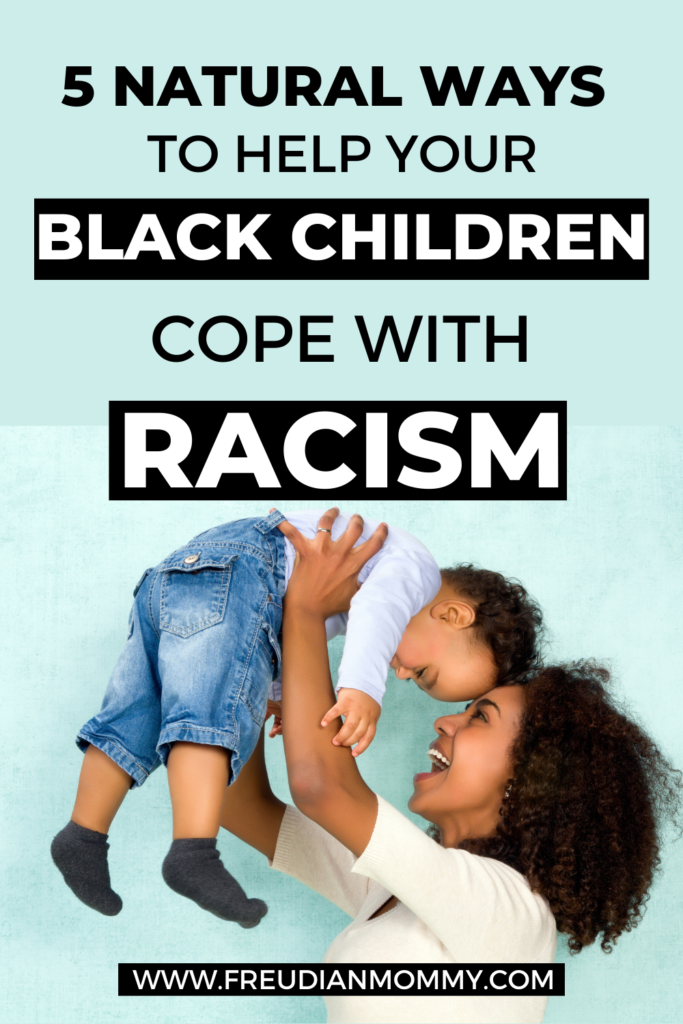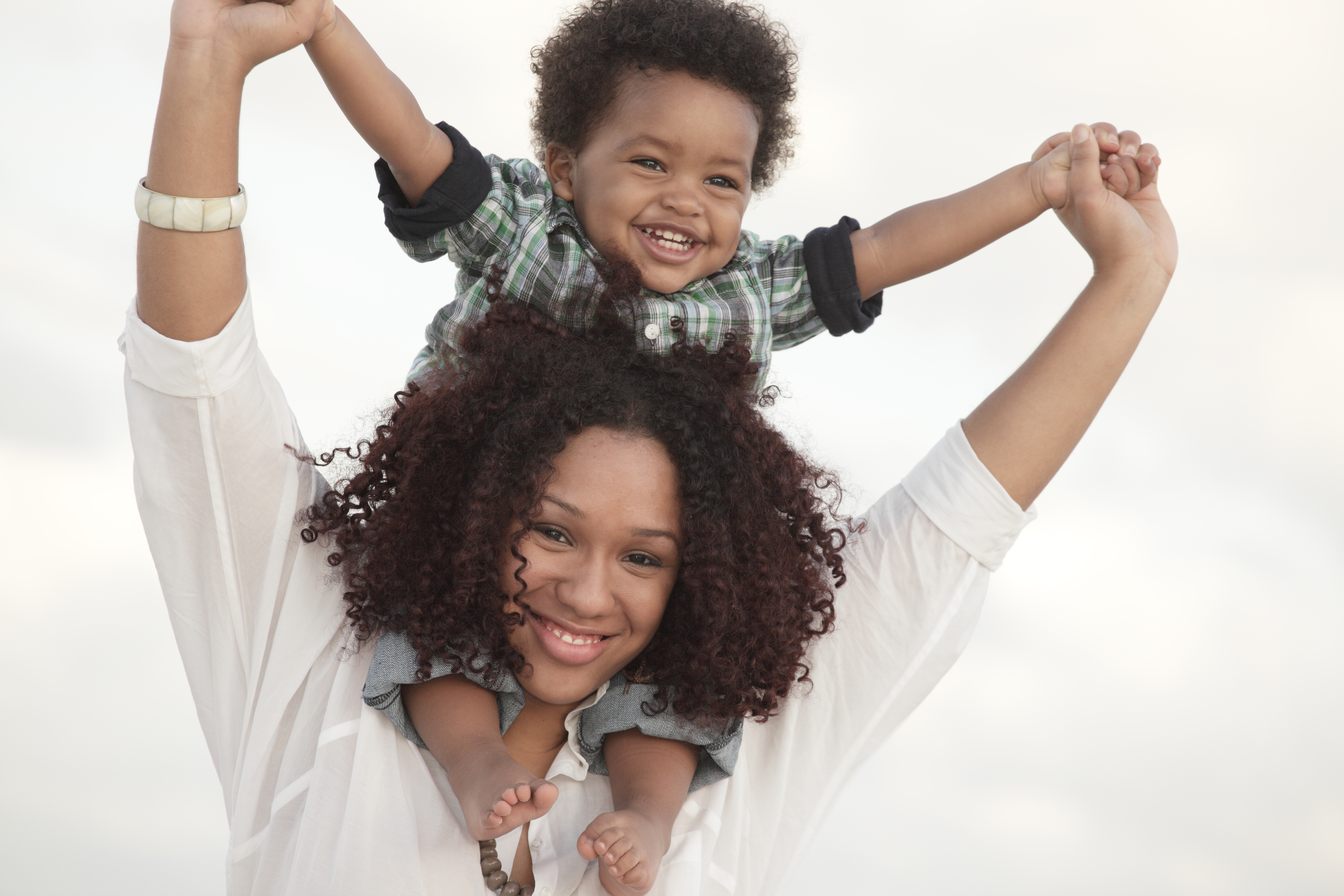Raising children is already a challenging responsibility, but raising Black children is an even more difficult job. Most mothers strive to raise children who become decent human beings, successful, and positive contributors to society.
However, because Black children have many hurdles ahead of them from the time they are born, they have to be raised intentionally and delicately.
Intentionally and delicately in the sense that they have to be taught to know, feel, understand, and believe that there is nothing wrong with them, they are loved, and that they are no one’s tragedy.
These three lessons are the fundamentals to preparing our Black Children to cope with what the world has to say about them, which is the exact opposite of what we are teaching them.
If we can teach our children those three lessons from a young age, then we, as Black mothers, have done our jobs. And can confidently send our children into the world knowing that they have the confidence in themselves to cope with whatever hate or racism that will inevitably come their way without ever doubting who they are as individuals.

NOT GOOD ENOUGH
You see, I hug, kiss, and tell my kids I love them obsessively every day. I have been doing this ever since they were born. And it’s not just because I love them so much, but because I know and understand that as soon as they are old enough to go out into the world, the world will be readily available to tell them that they are not good enough and are less than because of the color of their skin.
With the maltreatment of Black people coming to light even more so in the past few years due to our smartphones, I have been especially intentional about showing my children that I love them.
As a Black mother, the way we tell and show our Black children love at home will set the tone and foundation for how they can handle racism, which they will inevitably experience.
If we love our Black children enough, and the right way, when they are told that they are not liked or are mistreated because of the color of their skin, they will be hurt; of course, they are human! But they will always know, feel, understand, and believe that there is nothing wrong with them, they are loved, and that they are no one’s tragedy.
They will quickly realize that how people feel about them reflects who that person is and not who they themselves are as a Black person.
So how do you go about instilling those three ideas into your children’s hearts and minds to give them the confidence they need to overcome the inevitable hate and racism they will encounter?
5 Easy Practices That Will Give Your Black Children The Confidence They Need In The Face Of Racism
1. Tell your children that you love them every day, multiple times a day.
If you tell them that you love them enough, they will eventually believe you.
2. Tell your Black Children that their skin is beautiful.
This one is so important, and I will share a heart-breaking story with you to make this point.
A few days before my son turned twenty-two months old, I took him and my 4-year old daughter to the park as I usually do. It was a nice day outside, so they were a few more kids at the park than usual.
My daughter was on the swing and wanted me to push her. As I was pushing my daughter on the swing, a nice and friendly Caucasian boy, who may have been 5 or 6 years old, approached my son, who is not entirely verbal yet, and asked him what his name was.
As the little boy talked to my son, another Caucasian boy who looked to be 6 or 7 years old approached the boy talking to my son and told him that he didn’t like “Brown people.”
As a Black mother, what I feared most had become a reality, only it happened way sooner than I expected, and at the playground, too.
I was devastated and heartbroken that my baby boy, who isn’t but twenty-two months old, had already encountered racism at such a young age.
As a Black mother, what I feared most had become a reality, only it happened way sooner than I expected.
Thank goodness my son had no comprehension of what was happening, and my daughter too busy to hear what was said. Nonetheless, it does not take away from the devastation of the experience.
After that experience at the playground, everything I feared about my kids facing racism was coming to light. For example, my daughter is very loved, and she knows it. But the following day after the event at the park, we had plans to visit with two of her aunties. She was so excited and talked about how much her aunties love her and that everybody loves her.
That alone brought me to tears. Because I thought, what if when my daughter goes to school, someone tells her that they don’t like her because of her Brown skin?
So yes, please tell your kids that their skin is beautiful, just as it is because they are vicious kids and adults alike waiting to say to your kids that they are not liked or wanted because of the color of their skin.
3. Show your children that you love them.
It’s not enough to tell you children that you love them, but also show them that you love them. Do this by treating them with respect.
When you respect your children, you are also modeling how others should treat them. For example, talk to your kids, not yell at them. And apologize to them when you are in the wrong, which is another sign of respect.
4. Be selective and particular about who plays with your children.
Before you set-up, a playdate with another child, make sure you know the parents and household.
Children learn from their parents and environment. In the story I told you about my son’s experience with racism, how did that young boy who was only about 6 or 7 years old know that he didn’t like “Brown people”?
This is why I am very particular about who my children play with because I don’t want them to learn anything that contradicts our Christian values or what I am teaching them at home.
People often call me a “helicopter mom,” but I am okay with that. God entrusted me to love and care for these children. It is my job to protect them to the best of my abilities, and I’ll do whatever it takes.
5. Tell your children that you love their curly hair.
Because straight hair is what is portrayed as desirable.
What are some common practices that you use to instill confidence in your Black children?













